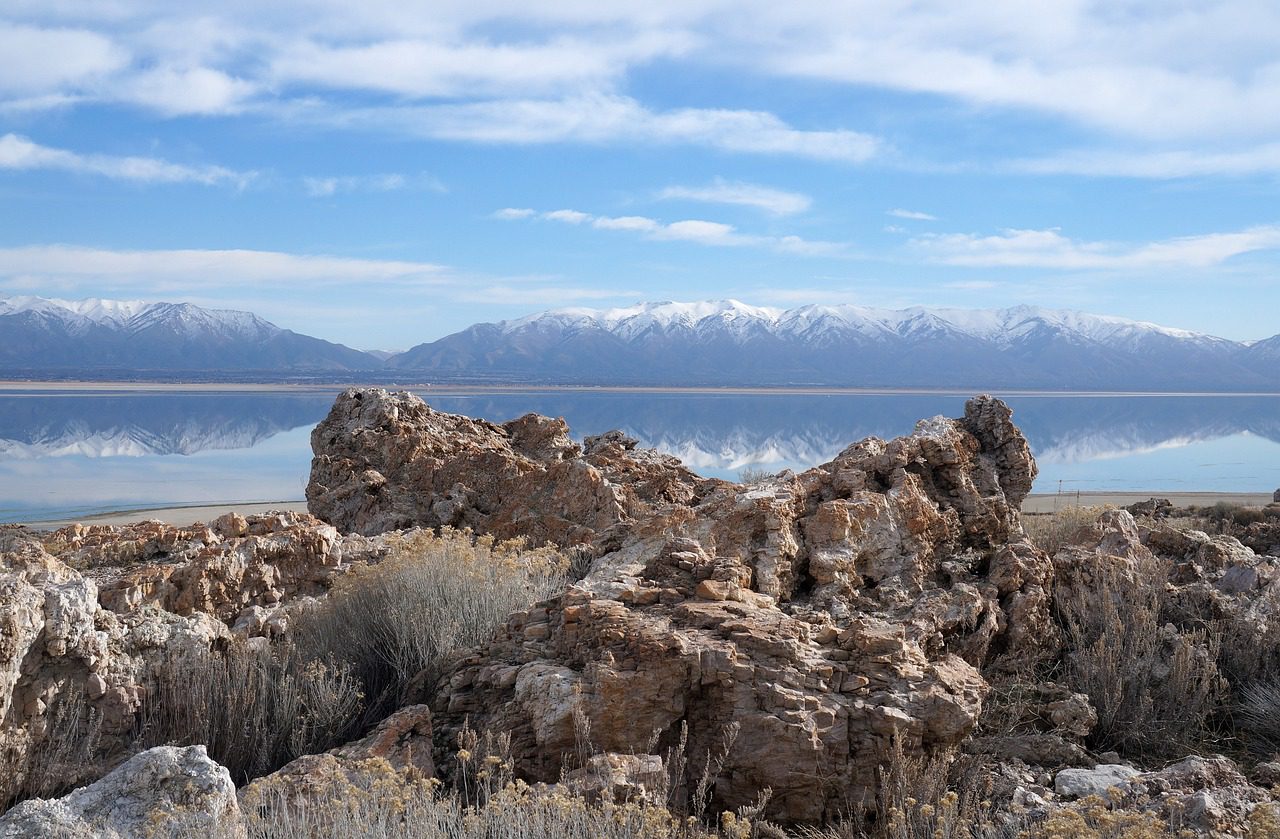January 8, 2024 — The Great Salt Lake Collaborative, citing a story from Fox 13, reports that Utah is considering legislation to address the Great Salt Lake’s diminishing water levels by paying farmers for water. The proposal, spearheaded by Representative Doug Owens , suggests a “split season leasing
, suggests a “split season leasing ” plan. The initiative encourages farmers to refrain from cultivating late-season crops. Instead, they would direct the water usually reserved for these crops to the Great Salt Lake. The plan aims to alleviate the ecological crisis threatening the lake by balancing the water needs for agriculture and environmental preservation.
” plan. The initiative encourages farmers to refrain from cultivating late-season crops. Instead, they would direct the water usually reserved for these crops to the Great Salt Lake. The plan aims to alleviate the ecological crisis threatening the lake by balancing the water needs for agriculture and environmental preservation.
Farmers participating in the program would receive market-rate compensation for their water and retain their water rights. The strategy has garnered support from the Utah Farm Bureau, a significant agricultural group in the state. The Bureau’s water policy representative, Warren Peterson, explained that this would allow farmers to contribute to the lake’s health instead of investing in potentially subpar crop yields due to water scarcity.
The Great Salt Lake has reached historically low levels due to various factors like water diversion, drought, and climate change. This decline poses significant threats to the region’s environment, public health, and economy. In response, Utah’s political leaders have allocated over $1 billion in the past two years towards water conservation efforts and technology advancements for agriculture, the state’s primary water consumer.
The proposal is part of a broader effort to manage the lake’s water resources effectively. Challenges remain, such as tracking the actual water reaching the lake from these conservation efforts. The exact funding for this leasing program is yet to be determined, but with support from key stakeholders, it has the potential to become a vital tool for supporting both Utah’s agricultural sector and the Great Salt Lake’s ecological health.

